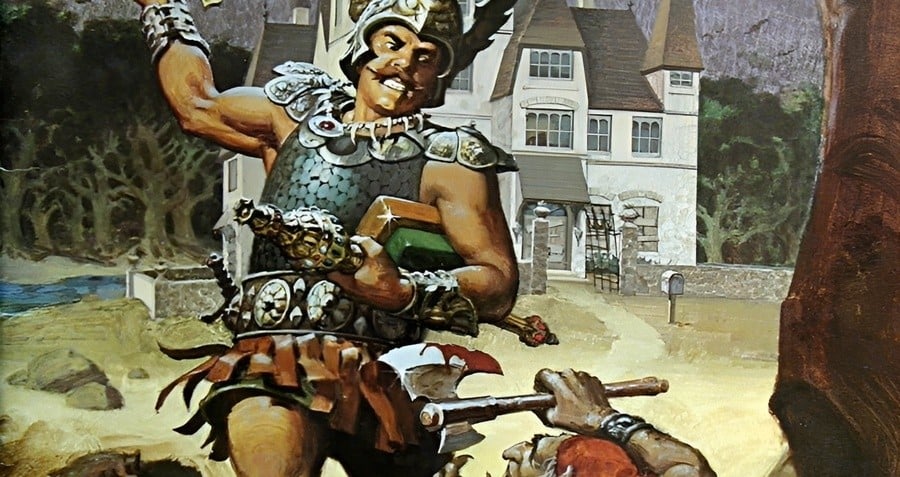
Earlier this month, a bunch of source code for Infocom's code-porting tools was finally preserved online, thanks to the efforts of influential interactive fiction designer and industry figure Andrew Plotkin (cheers Ars Technica for the spot!).
This comes four years after the internet archivist Jason Scott published the source code for many of Infocom's classic games in 2019 (which allowed people to dig in and start creating a bunch of incredible mods to tweak these titles more to their liking), and five years after Brian Moriarty donated the interpreter code for the TRS-80 Color Computer (or "CoCo" for short.) The dump features the interpreters for roughly 20 different platforms.
Just in case you find yourself confused by any of the above, here's a quick explainer to get you up to speed. Essentially, back in the day, many of the classic Infocom games were written in a language called ZIL (or Zork Implementation Language). This language wasn't designed with one particular platform in mind, but instead could be interpreted to work on a variety of machines like the Apple II, TRS-80, Amiga, Acorn, and more, using a collection of Z-code interpreters.
These Z-code interpreters are what Plotkin has now managed to get their hands on and has made publicly available on a GitHub page, with the goal of giving a deeper insight into the developers' process and the information contained within.
In a blog written by Plotkin about the code's release, he explained why this was such a significant find:
"These interpreters were well-studied by IF enthusiasts in the early 1990s. That's how we got the first open-source IF interpreters and the modern Z-machine specification. Functionally, we know how they work.
"But we never had their source code. You might ask, who cares? It would have been pretty opaque assembly code anyhow. But it's a layer of insight into the developers' minds. Comments, variable names, documentation."
According to Plotkin, he initially didn't want to make a big fuss about the discovery, because he is currently in the process of discussing the potential of getting the Infocom IP open-sourced and is speaking with a contact from Activision/Microsoft, and suggests it's probably not a good idea to keep releasing stuff while negotiations are still ongoing:
"A lawyer would say, "Don't keep releasing source code while you're negotiating with the original rights-holder". That would be good legal advice. I, er, ignored the good-advice part of my brain there.
"I mean, Activision/Microsoft doesn't have any financial interest in these old interpreters. They're not part of any modern Infocom port. They don't represent beloved artistic works like the games. They're just infrastructure for 80s hardware."
You can view the source code for these interpreters here.
